13 GPTs for Navigation Assistance Powered by AI for Free of 2026
AI GPTs for Navigation Assistance are advanced artificial intelligence tools based on Generative Pre-trained Transformers that are specifically designed to aid in navigation-related tasks and topics. These tools leverage the power of machine learning and natural language processing to understand and interpret complex navigation queries, offering solutions that range from route planning to location-based recommendations. They are particularly relevant for applications requiring dynamic, real-time navigation assistance, embodying a blend of technical sophistication and user-centric design to provide tailored navigation solutions.
Top 10 GPTs for Navigation Assistance are: AviatorGPT,City Tour Guide,Bangkok Explorer,K.I.T.T.,Camp Buddy,✈️ Sky Navigator Assistant GPT ✈️,Visual Assistance,✈️ Sky-High Flight Assistant GPT ✈️,CFI GPT,GPTcare
AviatorGPT
Navigating aviation knowledge with AI power
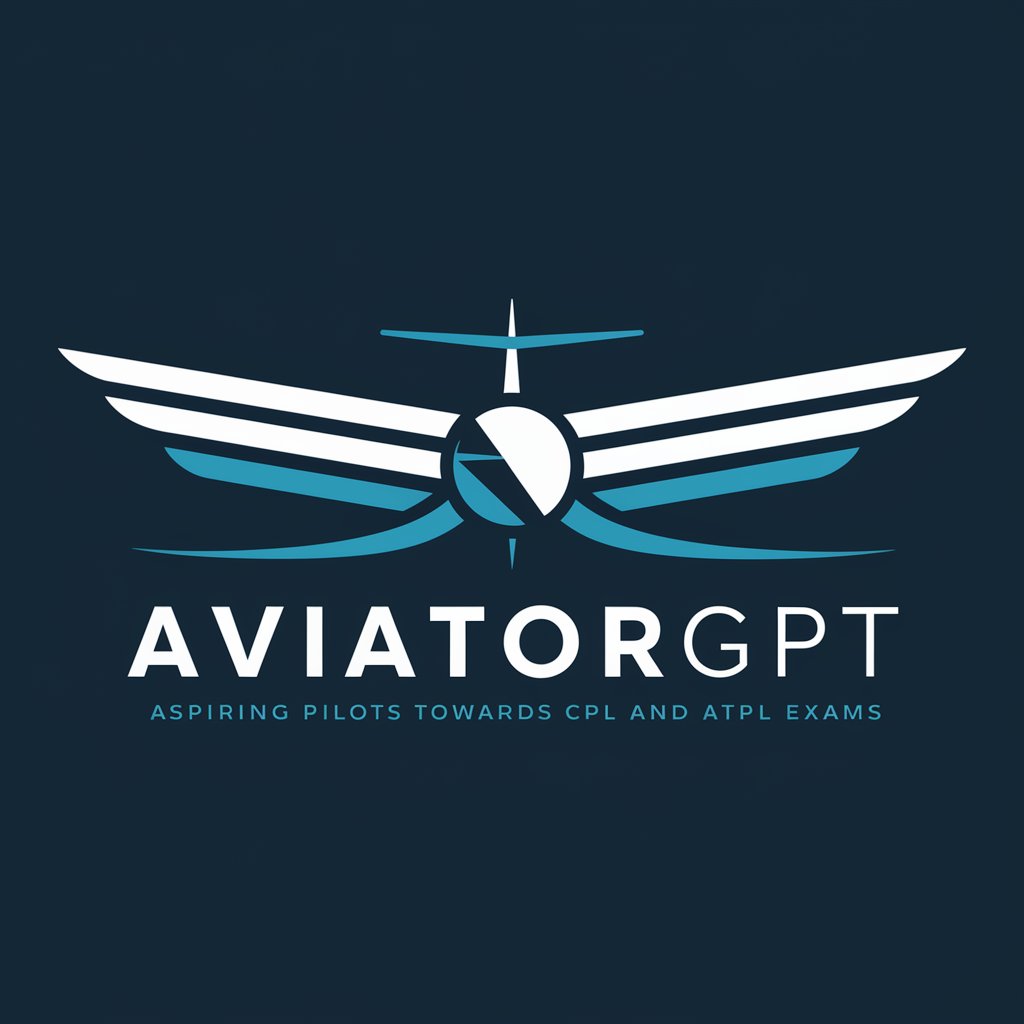
City Tour Guide
Explore cities effortlessly with AI-powered guidance.

Bangkok Explorer
Explore Bangkok with AI-powered insights
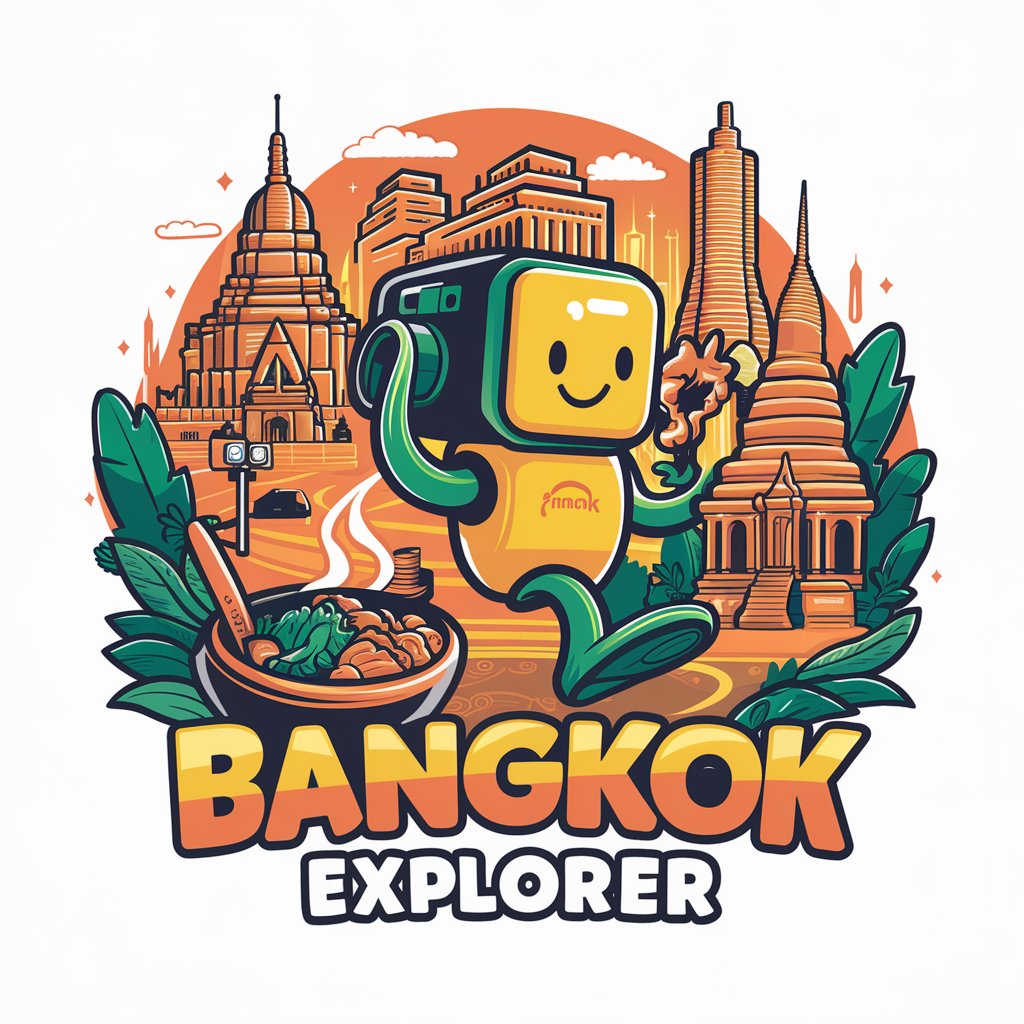
K.I.T.T.
Bringing Knight Rider's Wit to AI Assistance

Camp Buddy
Your Smart Outdoor Companion

✈️ Sky Navigator Assistant GPT ✈️
Empowering your flight with AI

Visual Assistance
Empowering vision with AI assistance
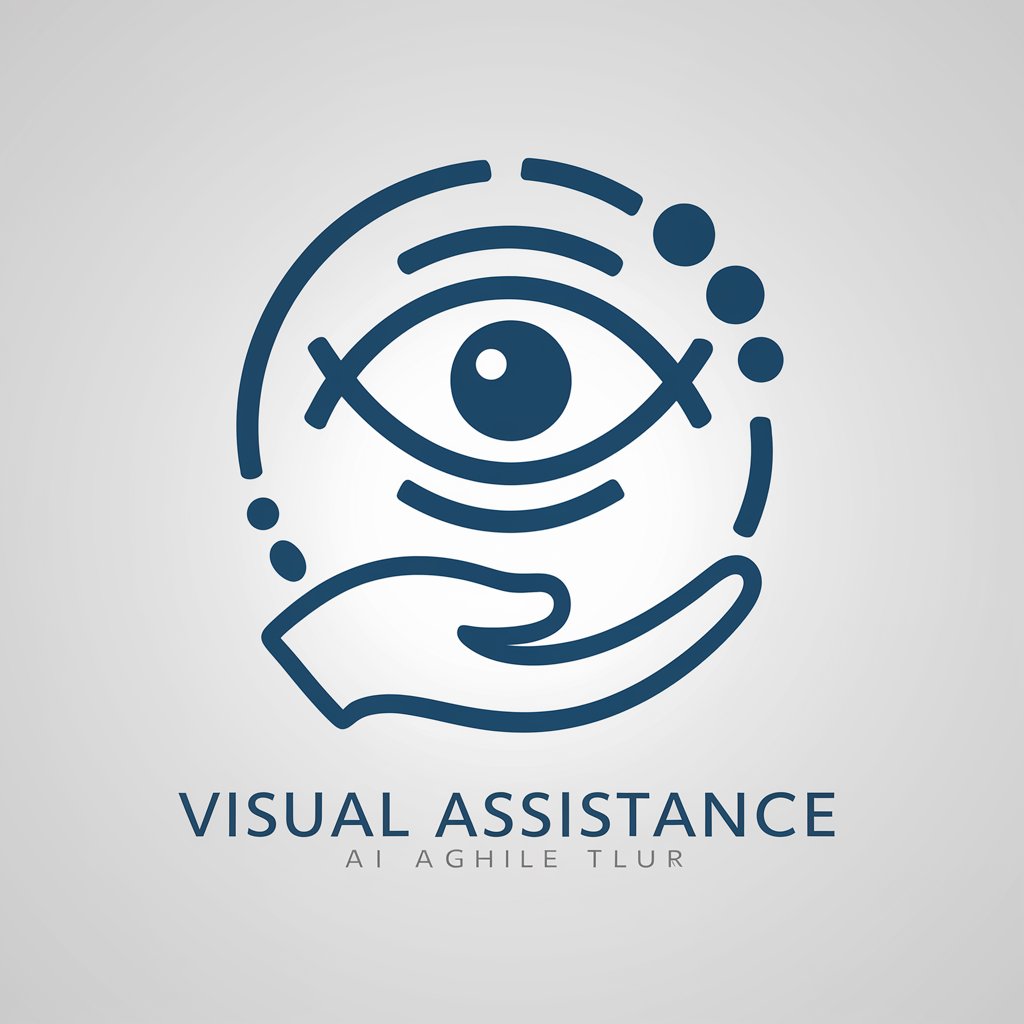
✈️ Sky-High Flight Assistant GPT ✈️
Elevate Your Flight Experience with AI

CFI GPT
Empowering Pilots with AI-driven Aviation Insights
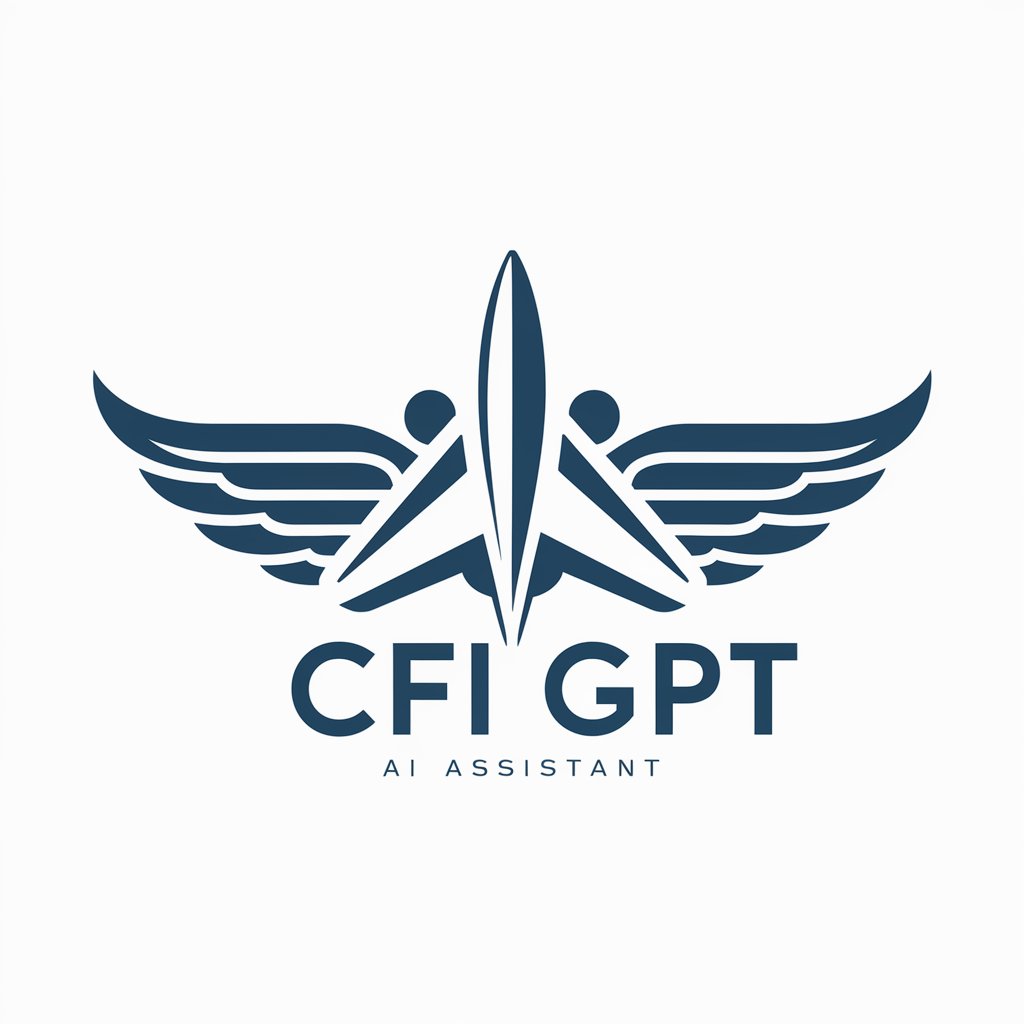
GPTcare
Empowering accessibility with AI

Marine Mate
Navigating marine queries with AI
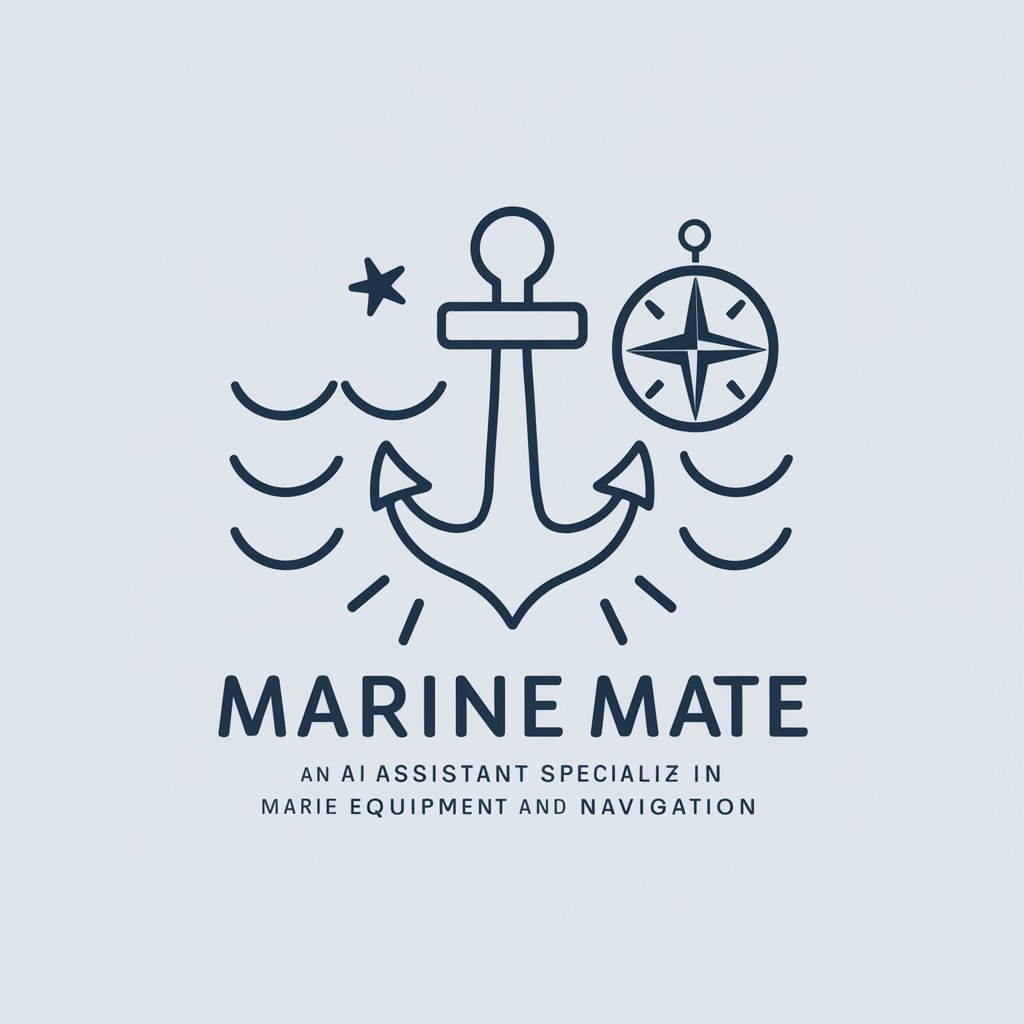
Survivalist GPT
AI-Powered Survival and Tactical Guidance

Winter Party Assistant
Streamlining Party Management with AI

Key Attributes and Functions
AI GPTs for Navigation Assistance come with a suite of unique features, including real-time route optimization, voice-activated directions, contextual recommendations based on user preferences and current conditions, and interactive maps. These tools are adaptable, capable of handling a wide range of navigation tasks from simple point-to-point directions to complex travel planning. Special features include the ability to learn from user feedback, technical support for integrating with other software or hardware systems, advanced web searching for the most current location data, and data analysis capabilities for traffic prediction and management.
Who Benefits from Navigation Assistance GPTs?
The primary beneficiaries of AI GPTs for Navigation Assistance include everyday users seeking efficient travel routes, developers looking to incorporate advanced navigation features into their applications, and professionals in the logistics, travel, and tourism industries. These tools are accessible to novices without programming skills, offering intuitive interfaces and guidance, while also providing extensive customization options for developers and technical users seeking to tailor the AI's functionality to specific requirements.
Try Our other AI GPTs tools for Free
Tent Setup
Discover how AI GPTs for Tent Setup revolutionize outdoor experiences with tailored guidance and solutions, making expert tent setup advice accessible to all.
Unique Interests
Explore how AI GPTs tailored for Unique Interests transform hobbies and professional tasks into engaging experiences with customized content and solutions.
Service Gratuity
Explore AI GPTs for Service Gratuity: Tailored AI solutions enhancing gratuity management with precision, efficiency, and adaptability for the service industry.
Bill Splitting
Discover how AI GPTs for Bill Splitting can revolutionize your expense management, offering quick, fair, and efficient solutions for any scenario.
Receipt Management
Discover how AI GPTs revolutionize Receipt Management with automated data extraction, analysis, and integration for improved financial insights.
Supplemental Teaching
Explore AI GPTs for Supplemental Teaching: innovative tools designed to enhance learning through personalized assistance, interactive engagement, and comprehensive subject coverage.
Expanding Horizons with AI-Driven Navigation
AI GPTs for Navigation Assistance exemplify how customized solutions can revolutionize traditional sectors, offering enhancements in efficiency, personalization, and user experience. Beyond mere route guidance, these tools integrate with various sectors, providing insights into traffic management, urban planning, and even environmental conservation. Their user-friendly interfaces and ability to integrate with existing systems underscore their versatility and potential to transform how we navigate our world.
Frequently Asked Questions
What exactly are AI GPTs for Navigation Assistance?
AI GPTs for Navigation Assistance are specialized AI tools designed to provide real-time, tailored navigation and route planning solutions by leveraging Generative Pre-trained Transformer technology.
How do these tools adapt to different navigation tasks?
Through machine learning and user interaction, these tools can adapt to a wide range of navigation needs, from simple directions to complex planning, by analyzing vast amounts of data and user preferences.
Can non-technical users easily use these GPTs?
Yes, these tools are designed with user-friendly interfaces that do not require technical knowledge, making them accessible to a broad audience.
Are there customization options for developers?
Absolutely. Developers can access APIs and programming interfaces to customize and integrate the AI's capabilities into their own applications or systems.
What makes these tools different from traditional GPS systems?
Unlike standard GPS systems, AI GPTs for Navigation Assistance offer more dynamic, context-aware solutions, learning from user behavior and incorporating real-time data like traffic conditions.
Can these tools integrate with other software or hardware?
Yes, they are designed to be interoperable with other systems, allowing for seamless integration with a wide range of software and hardware solutions.
Do these AI tools require internet access?
While many features do require internet access to provide real-time data and updates, some functionalities may be available offline.
How do AI GPTs ensure data privacy and security in navigation assistance?
These tools employ advanced encryption and data protection measures to safeguard user data, adhering to strict privacy regulations and standards.